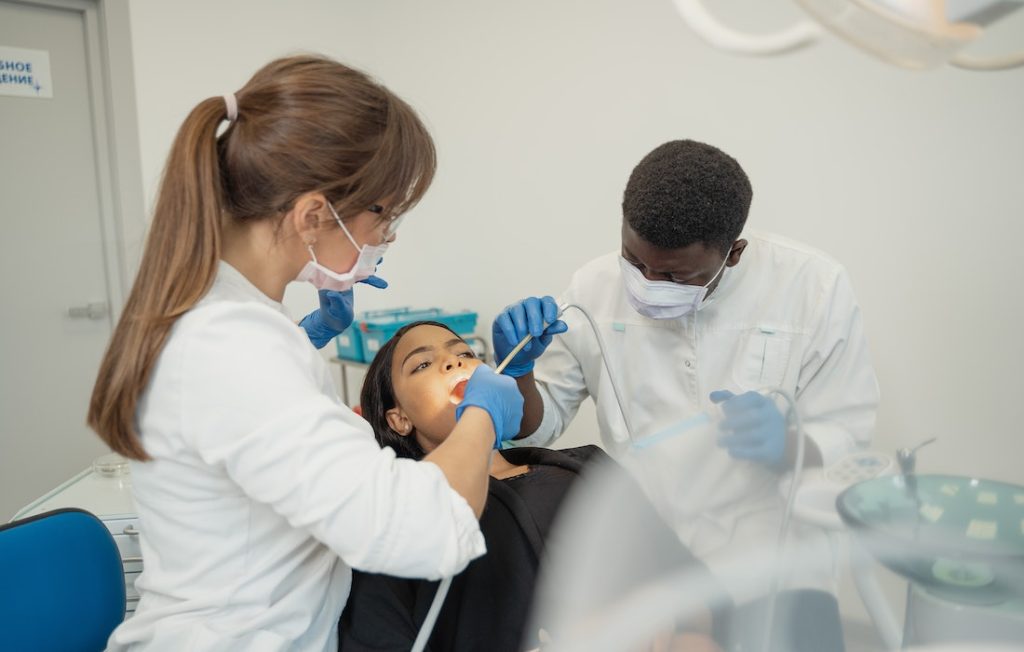If you wear dentures, you know how important it is to have them fit securely in your mouth. With new methods of denture stabilisation becoming available at local clinics like dentist Stevenage, options can provide a range of benefits, from improved comfort to better chewing ability.
Understanding the Importance of Denture Stabilisation

Dentures have come a long way in recent years, but they still require proper care and maintenance to function as they should. One of the most significant concerns with dentures is their stability. Poorly fitting dentures can cause discomfort, affect your ability to speak and eat, and even lead to sores and infections. This is where denture stabilisation options come in, providing a range of solutions to ensure that your dentures stay securely in place.
Exploring Your Options for Denture Stabilisation
There are several options available for stabilising your dentures, each with its benefits and drawbacks. Let’s take a close look at some of the most common options:
- Adhesives – Denture adhesives are a popular option for many people. These come in various forms, from creams to powders, and can provide a strong and reliable hold. However, they can also be messy and time-consuming to apply, and some people may have an allergic reaction to certain ingredients.
- Implants – Implants are a permanent solution for denture stabilisation. This involves placing a small titanium post in the jawbone, which serves as an anchor for the denture. While more expensive than other options, implants provide a secure fit and can improve the overall function of your dentures.
- Overdentures – Overdentures are a hybrid solution that combines traditional dentures with dental implants. This involves attaching the denture to the implants, providing a more stable and comfortable fit. Overdentures can be an excellent option for people who want a more permanent solution but don’t want to undergo full implant surgery.
- Reline – Relining involves adding a layer of material to the underside of your denture to improve its fit. This can be done in the dental office or at home with a reline kit. While not as permanent as other options, relining can provide a cost-effective solution for minor fit issues.
Benefits of Denture Stabilisation Options

So, what are the benefits of using these denture stabilisation options? For one, they can significantly improve your quality of life. A secure and comfortable denture fit means that you can eat and speak with confidence, and you won’t have to worry about discomfort or sores. Additionally, stabilisation options can help prolong the life of your dentures, reducing the need for costly replacements.
Choosing the Right Option for You
When it comes to selecting the best denture stabilisation option, there are several factors to consider. Your budget, lifestyle, and oral health needs will all play a role in determining which option is right for you. Be sure to talk to your dental team about your options and any concerns you may have. With the right solution, you can achieve a more stable and comfortable fit, and enjoy all the benefits that come with it.
In conclusion, denture stabilisation options can provide a range of benefits for people who wear dentures. Whether you opt for adhesives, implants, overdentures or relining, each solution has its unique advantages. By understanding your options and selecting the right one for your needs, you can enjoy a more secure and comfortable fit, and improve your overall quality of life.



